“You’re one of those God-haters my Mom warned me about,” said a fellow fifth grader. And that’s how it all started.
The conversation had begun with an innocent question, “What Church do you go to?”
I said I didn’t go to church, didn’t believe in God. Another chimed in, “Your parents should’ve raised you better.”
In a class of fourteen, the news spread fast.
As my peers berated me for being an atheist, I looked around, no longer seeing the friendly faces that I’d gone on Easter egg hunts with. I’d never felt alienated, until then.
I didn’t think my parents could’ve raised me better. They approached religion open-mindedly. My father, a Protestant, and mother, an atheist, left the deciding for me.
After being told I’m crazy, I decided to bite back.
“You think there’s a guy up there treating us like puppets. You call me crazy?”
I’d offended my whole class. I was ashamed in myself. What right did I have to be hateful?
After that day, I didn’t want to get out of bed, but hiding from the world wouldn’t help.
I transferred to public school. My class was 300 kids. At first, I never talked about religion or attended any of my friends’ Communion parties. I feared upsetting others like I did in the fifth grade.
That quickly changed. Some kids wore their hijabs or crosses proudly, and some decorated their hands beautifully in henna. At lunch, no matter what they were wearing, they mingled effortlessly. I was confronted by colorful diversity and left in awe of its beautiful tranquility. Talking with others, I learned about religions like Islam, Hinduism, Judaism, and Christianity. Peace reigned in a diverse environment.
In my freshman year, I began writing for the school newspaper. I wanted to give a voice to people in the same situation as my fifth grade self, demonstrate how to be tolerant, and inspire others to fight discrimination alongside me.
I sought to find out more about religion. I celebrated holidays with friends and did hospital volunteer work in Quito, Ecuador and Ngora, Uganda. In Quito, I visited magnificent churches, listened to sermons in Spanish, and was moved by the piety of people. In Ngora, I listened to pregnant mothers ask God to bless their newborns. No matter where I was, I felt free to be there.
If I showed care and acceptance towards everyone’s beliefs, there was never hostility in talking about religion. I learned not to play into the game of discrimination. Nobody’s beliefs were right or wrong; they were equal. We are uniform because we are different. Religion is one of the many labels we use for identity. Getting past these labels, no matter how different they are from our own, we can truly accept one another.
In my sophomore year, my friend asked, “What church do you go to?”
Remembering my fears from fifth grade, I was scared to answer.
“I don’t go, sorry. I’m an atheist.”
“Don’t apologize. That’s okay.”
In a class of over 300, it was nothing new.
Image taken from: https://howtocreateart.com/brush-art-color-theory-3-tips/

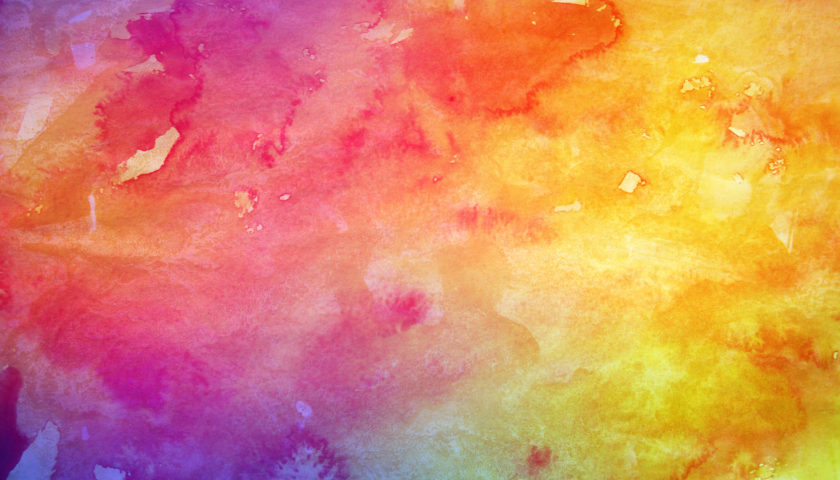
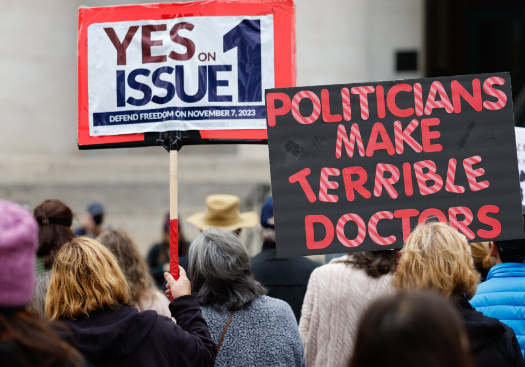

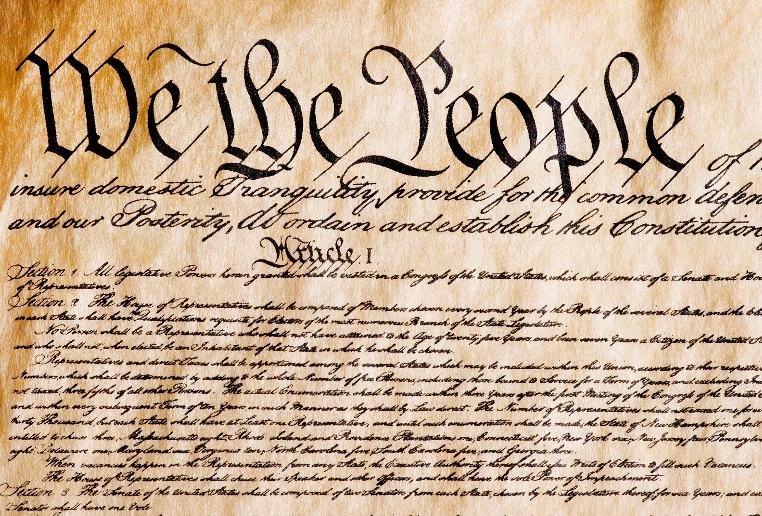
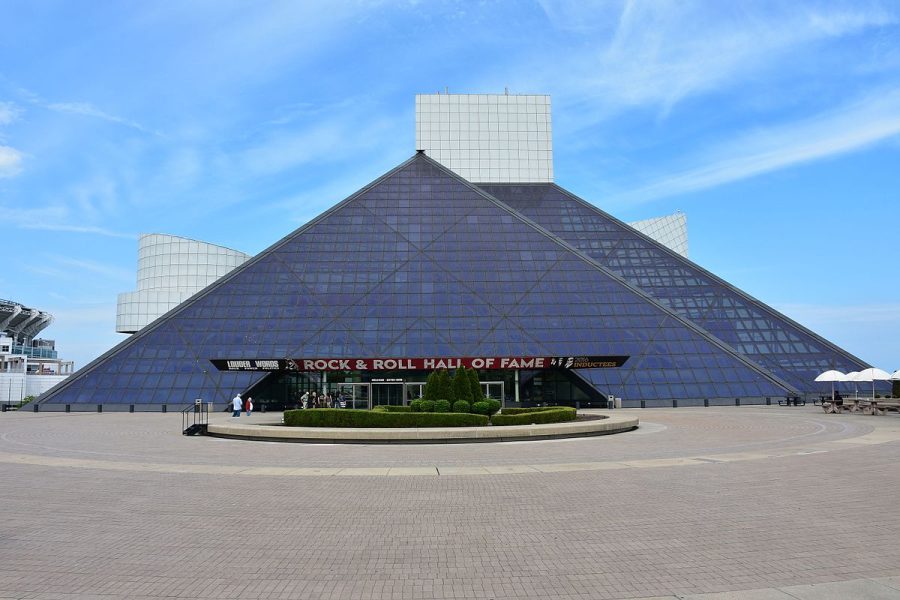
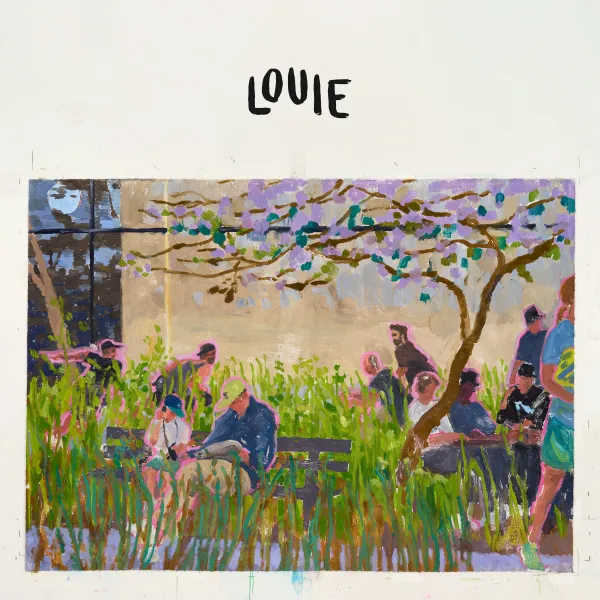
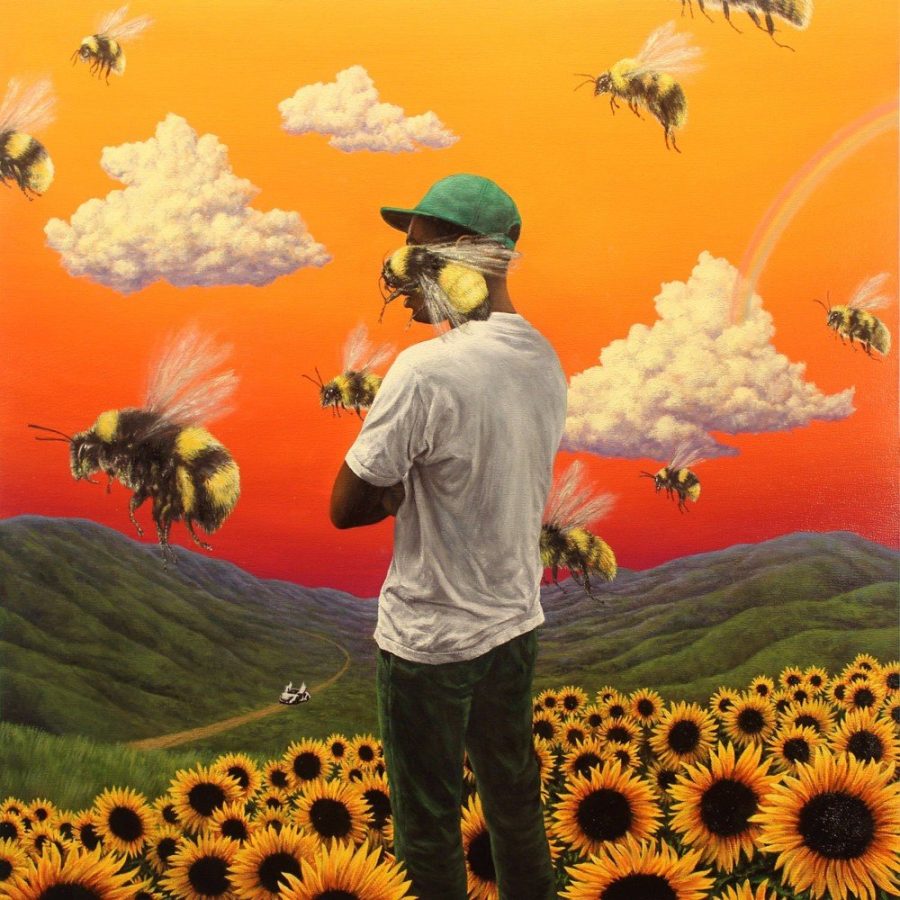
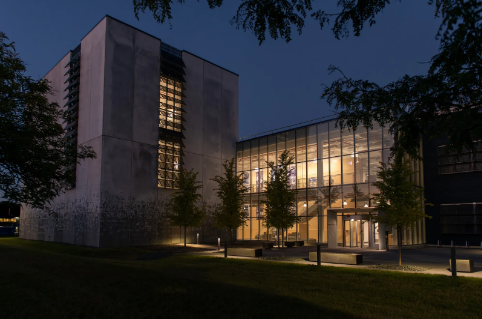
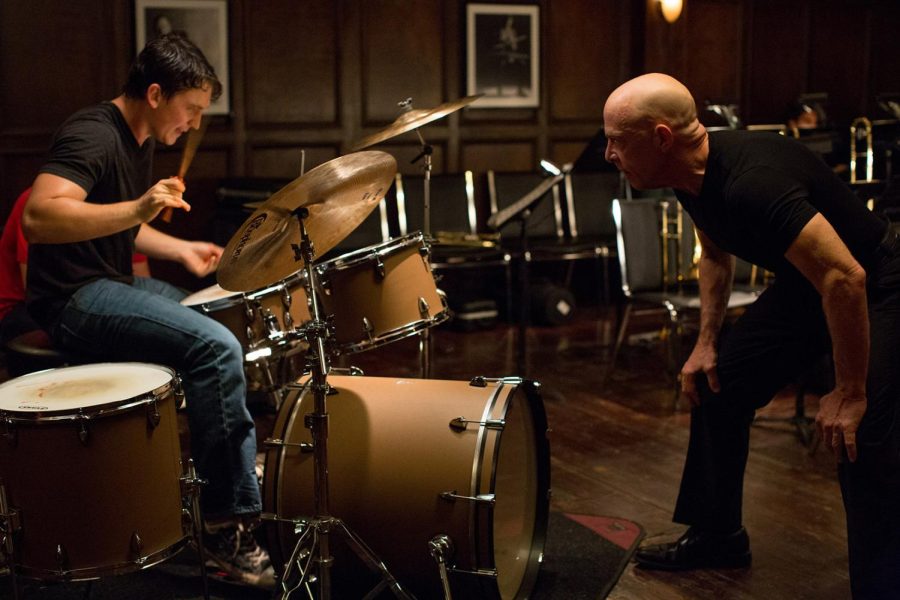
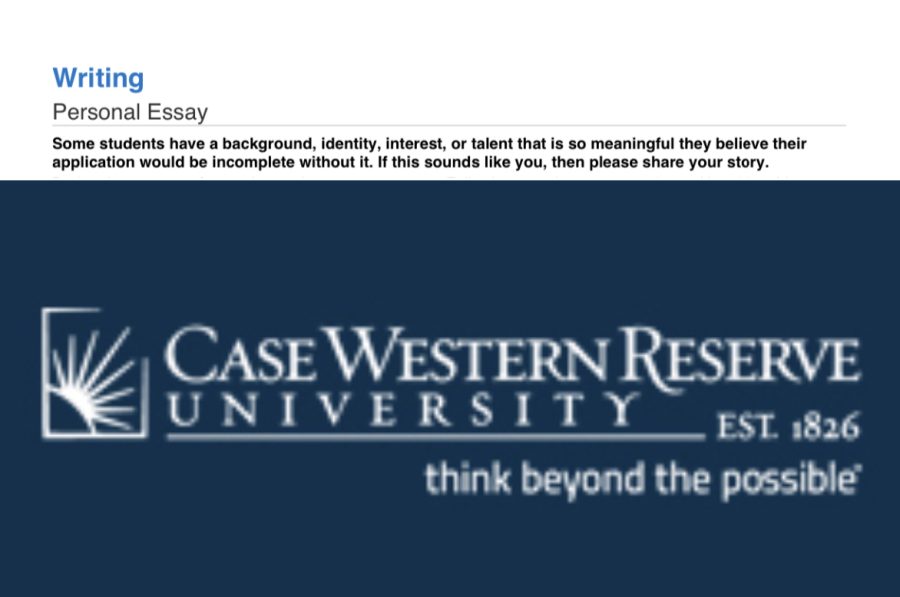


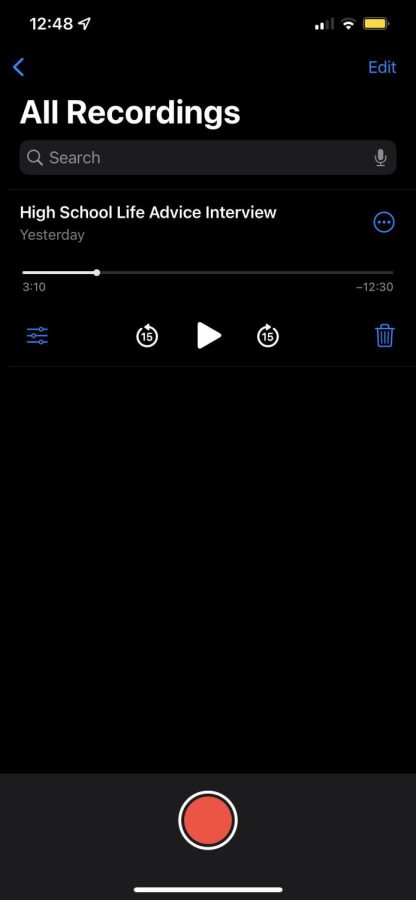
Wayabibi • Mar 3, 2019 at 8:47 pm
I really love religion
Haddy W. Dardir • Dec 4, 2018 at 9:18 pm
Your experience is a perfect representation of America. There’s just so much variety, not only in race and religion, but also in the attitudes of people and their willingness to accept other people’s ways. For example, one completely-white town in Kansas might be somewhat opposed to religions other than Protestantism, while another town in Massachusetts might accept who you are no matter how other people of your creed acted in the past.